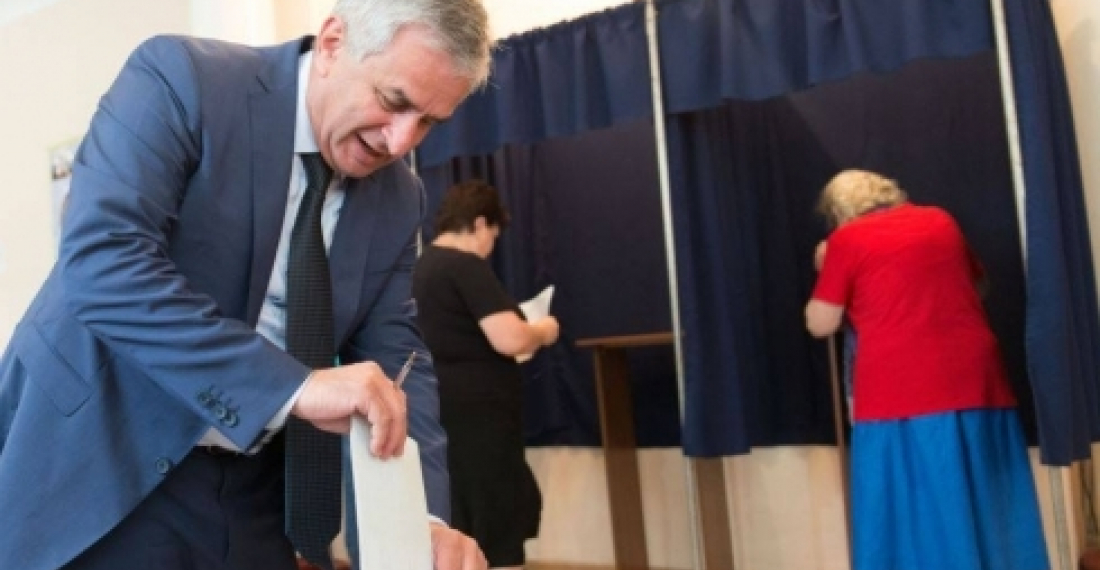A referendum on holding early presidential elections in Abkhazia has been invalidated because turnout was just 1.2%. Only 1,628 people voted on Sunday out of about 133,000 who were eligible to do so, according to the territory\'s central election commission.
There was a narrow majority against early elections - 761 to 750. But the constitution requires more than half of eligible voters to vote for a referendum to be valid. Opposition groups boycotted the ballot, demanding the vote be postponed until autumn.
An opposition protest rally last week, called to oppose the early elections and demand more time to campaign, turned violent. Several hundred demonstrators stormed the interior ministry building in Sukhumi, and more than a dozen people were injured.
The opposition accused Raul Khajimba, president of the self-declared republic, of calling the election hastily for political gain. "The state has not created conditions for free expression of voters’ will," the opposition Amtsakhara party said in a statement.
“False accusations and distorting reality have become characteristic pattern of the opposition. Its futile attempts to impose subjective position of several interested persons highlights failure of the opposition forces and absence of public confidence towards them,” the president's office replied.
Source: commonspace.eu and agencies







